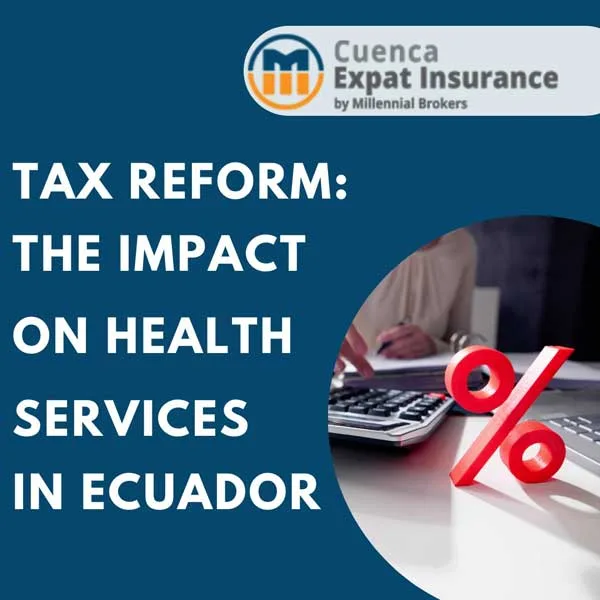Rise in chronic illnesses combined with the pandemic suggests trouble ahead for world’s health systems
By Andrea Kane
Many countries are not doing enough to decrease the common risk factors associated with chronic diseases, leaving populations vulnerable to health emergencies like the coronavirus pandemic — that’s one of the main messages emerging from the 2019 Global Burden of Disease study.
 Those risk factors include obesity, high blood sugar, high blood pressure, as well as air pollution, alcohol use and drug use, the team at the Institute for Health Metrics and Evaluation (IHME) at the University of Washington, which conducts the study, found.
Those risk factors include obesity, high blood sugar, high blood pressure, as well as air pollution, alcohol use and drug use, the team at the Institute for Health Metrics and Evaluation (IHME) at the University of Washington, which conducts the study, found.
“One of the most important messages from the Global Burden of Disease 2019 is that over the past decade the world has done a poor job of reducing harmful risks and this is fueling a global chronic disease crisis. While communicable diseases are causing less illness, disability and death than in the past — with the obvious exception of Covid-19 — chronic diseases are on the rise,” said Emmanuela Gakidou, one of the study’s coauthors.
Gakidou said the biggest impact on health has come from a large increase in metabolic risk factors over the last decade. “Collectively, we find that metabolic risks accounted for 20% of total health loss worldwide in 2019,” she said.
The study, done in close collaboration with the World Health Organization, involved more than 5,500 international researchers looking at people in 200 countries.

Non-Covid diseases are on the rise globally.
Lead researcher Dr. Christopher Murray, the director of the IHME, said the shift from conditions that cause death to those that cause chronic disability is a looming problem during the pandemic.
“It turns out in the era of Covid that many of those conditions are also things that increase the risk of Covid death. So, that shift towards disability is also a shift towards vulnerability,” he told a news conference.
The United States ranked poorly in several areas. Life expectancy in 2019 was 78.9 years on average compared to more than 81 years for high income countries as a whole, according to the report, published in the Lancet medical journal. US life expectancy has not improved since 2010. That’s in part due to a more than 16% increase in cardiovascular disease deaths, the report found.
But Murray said it’s not the only culprit.
“As we look at diseases in the United States, there is a clear rise — even before Covid — in terms of diabetes, suicide, and we’re seeing some increases in mental health conditions, and a very large increase in drug use, drug-dependent deaths. And so, that combination has led to the slowdown and sort of stagnation in improvements in life expectancy,” he said.
Plus, the under-5 mortality rate in the US is almost 75% higher than the average in other high-income countries and almost double that of Australia. And in 2019, more than half of all global overdose deaths occurred in the US.
Both Murray and Gakidou said the good news is that a huge potential exists for improvement by reducing these risks to health.
Murray said another bit of good news is, “There has been more progress for the worst-off countries in terms of health than the better-off countries. And so that catch up is narrowing the gaps between the bottom quintile of nations in terms of development, and the top quintile.”
Dr. Richard Horton, editor-in-chief of The Lancet, said especially in light of the coronavirus, more needs to be done to improve the health of vulnerable people across the globe.
“This means that when one talks about how prepared we were for Covid-19, we need to talk, not only about preparedness for a virus, but also about how healthy our population was to withstand the impact of that virus,” he said.
Horton predicted that “the shadow of this episode is going to live with the next generation for not just the years to come, but decades to come.”
___________________
Cerdit: CNN


















